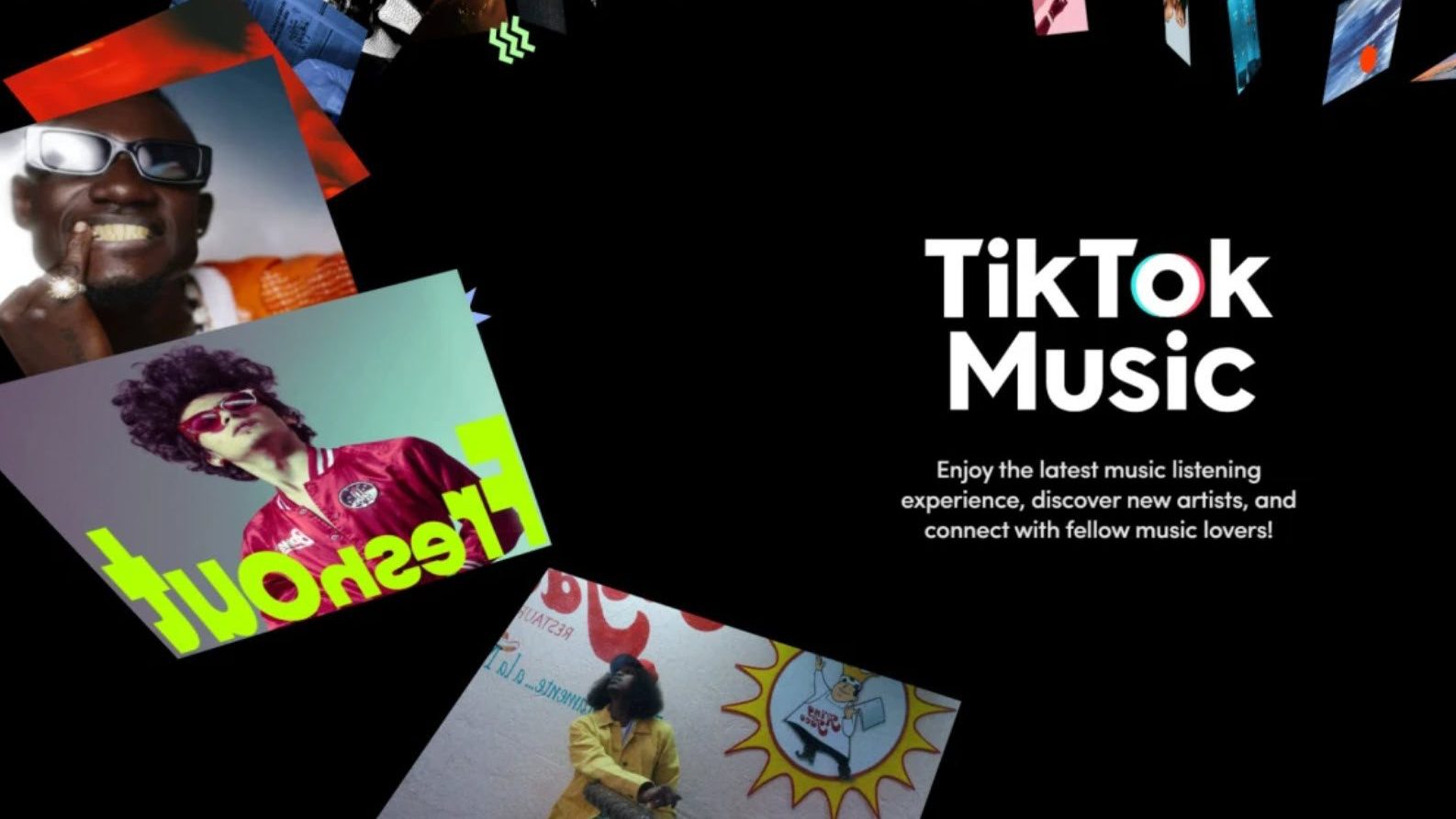TikTok Music is closing for good in November, after just over a year
Following an extensive spat with Universal that saw artists such as Taylor Swift off the service, it’s now closing up entirely

Want all the hottest music and gear news, reviews, deals, features and more, direct to your inbox? Sign up here.
You are now subscribed
Your newsletter sign-up was successful
It seems that the inexorable rise of TikTok and its power to influence everything from fashion to film and more does have its limits. The ByteDance-owned social service has announced that rather than furthering the roll-out of the TikTok Music service globally, they’re instead pulling the plug on it entirely.
TikTok Music is currently only available to fee-paying consumers in Australia, Indonesia, Brazil, Mexico and Singapore and a launch in Europe and the US was expected to follow, muddying the waters (while expanding choice) for consumers and slicing the pie ever finer for artists and record labels.
Instead, it appears that the combined pressures from existing services Apple Music and Spotify and giants in the shape of Universal Music are enough to make ByteDance think again.
TikTok has in recent years become a driving force in new music discovery, though has always had a fractious relationship with artists and labels in regards to paying what all parties would consider a fair recompense.
Insiders have stated that TikTok Music – its own streaming service dedicated to delivering 100% music – had been driving hard bargains with rights-holders in line with fees they’d been paying for music’s appearance on their increasingly powerful social service.
It appears that the move was a squeeze too far and despite forging a deal with Universal in May – resulting in the return to the service of vital artists such as Adele, Ariana Grande, Coldplay, Taylor Swift, Rihanna, Kendrick Lamar and more – the numbers simply weren’t stacking up.
Instead, the company will be continuing to offer a feature which allows users to save discovered songs into playlists which can then be enjoyed on rival streaming services Apple Music and Spotify.
Want all the hottest music and gear news, reviews, deals, features and more, direct to your inbox? Sign up here.
“Our Add to Music App feature has already enabled hundreds of millions of track saves to playlists on partner music streaming services,” reads a statement from global head of music business development, Ole Obermann.
“We will be closing TikTok Music at the end of November in order to focus on our goal of furthering TikTok’s role in driving even greater music listening and value on music streaming services, for the benefit of artists, songwriters and the industry,” reads the official statement.
Meanwhile on its site, existing users are being told that “TikTok Music will be closing on November 28, 2024. After this date, access to TikTok Music, including login, subscriptions, and all other functionalities, will no longer be available. Please ensure you complete the following actions (if applicable) by the specified deadlines: Transfer Your playlists: by October 28, 2024. Request Refunds: by November 28, 2024. Please note, your TikTok Music account information and personal data will be automatically deleted following the closure of TikTok Music.”
It’s not the first time TikTok has tried and failed to make it in music. Their Resso service enjoyed a similarly short lifespan and roll-out in 2020, appearing in India, Indonesia, and Brazil before being closed in January 2023.
Daniel Griffiths is a veteran journalist who has worked on some of the biggest entertainment, tech and home brands in the world. He's interviewed countless big names, and covered countless new releases in the fields of music, videogames, movies, tech, gadgets, home improvement, self build, interiors and garden design. He’s the ex-Editor of Future Music and ex-Group Editor-in-Chief of Electronic Musician, Guitarist, Guitar World, Computer Music and more. He renovates property and writes for MusicRadar.com.
